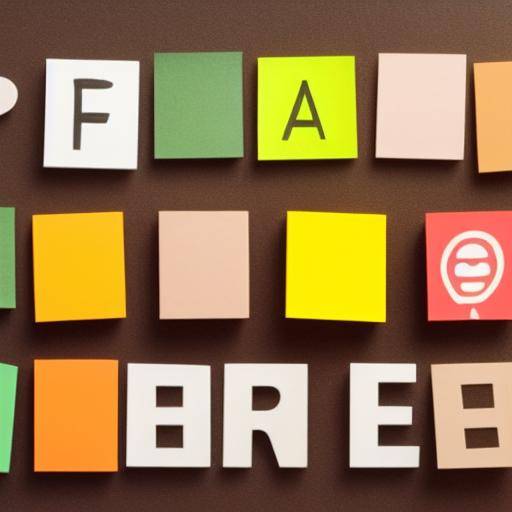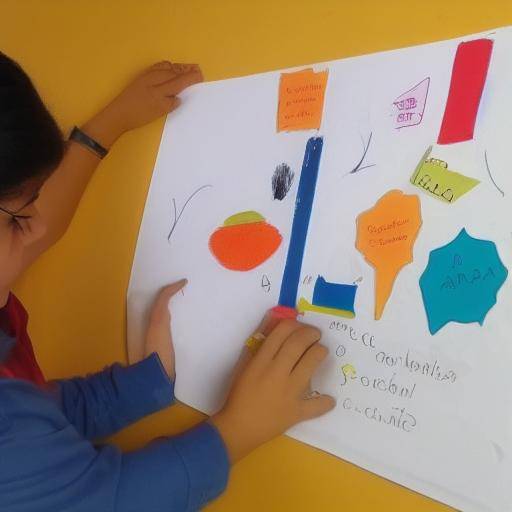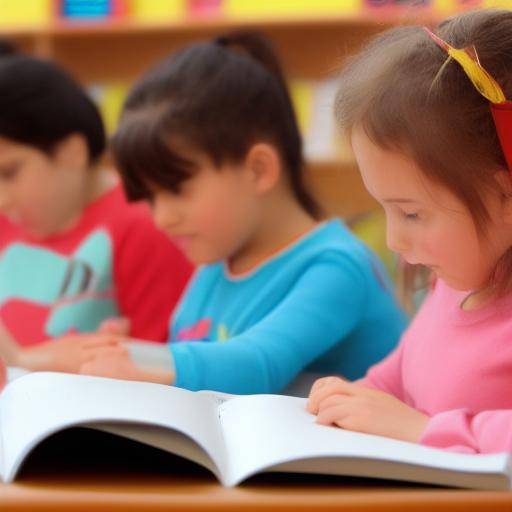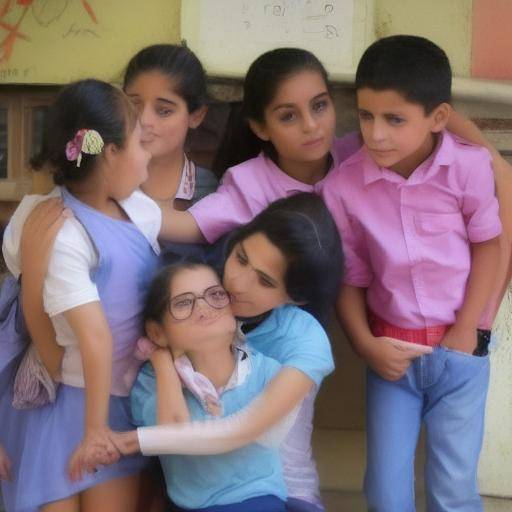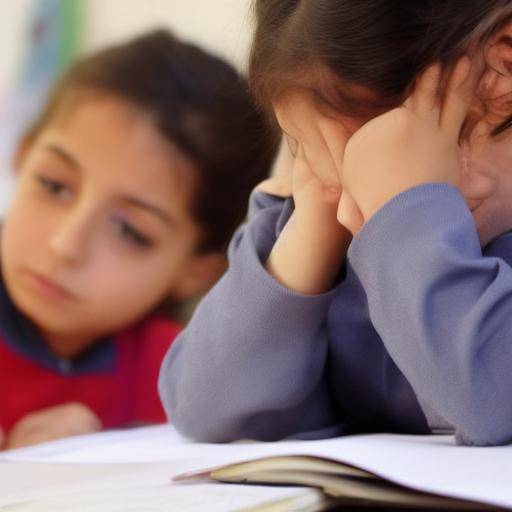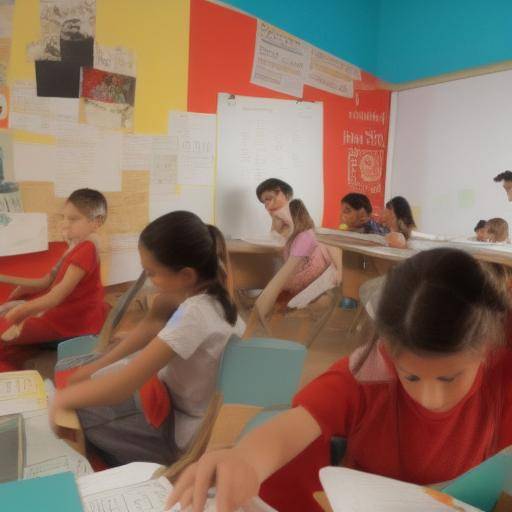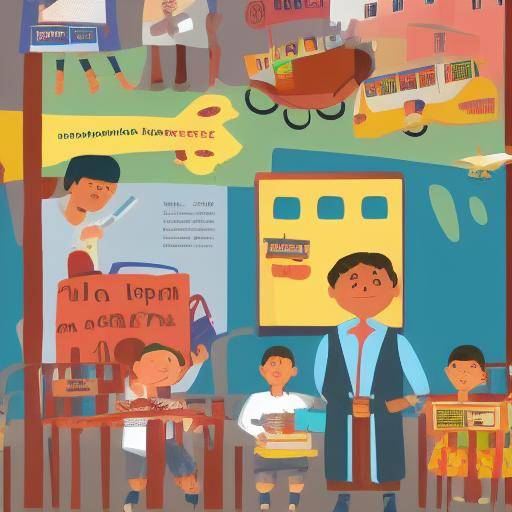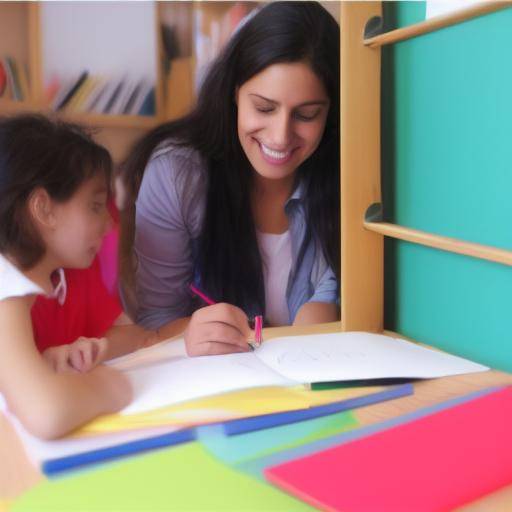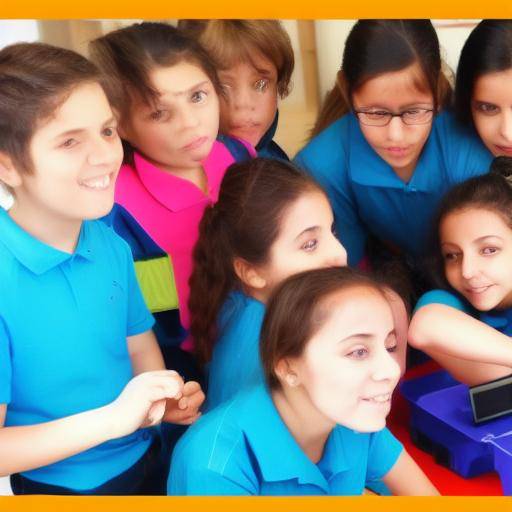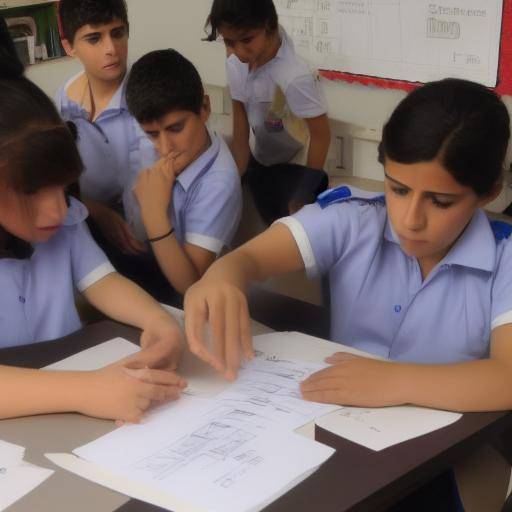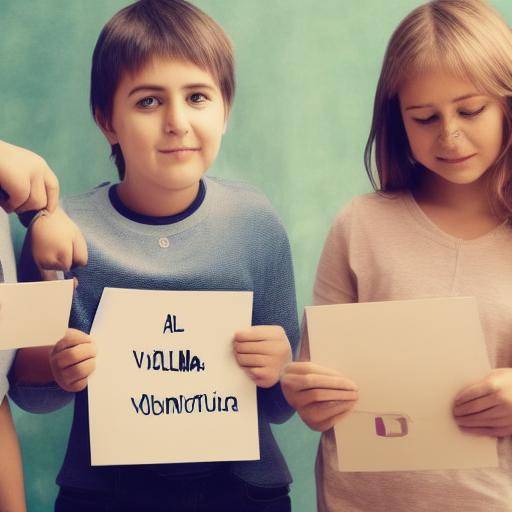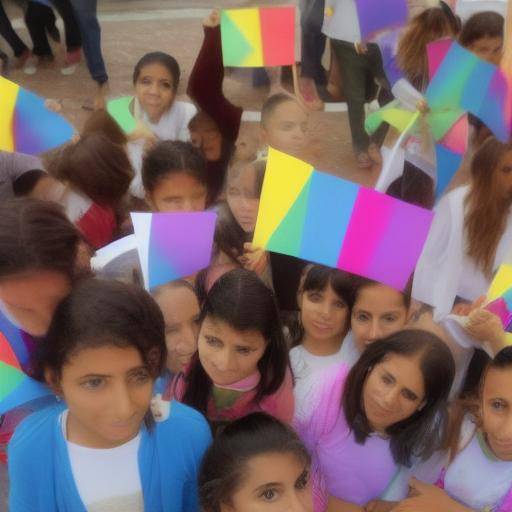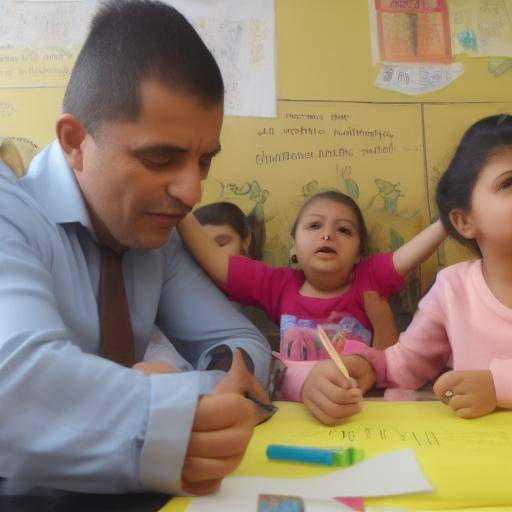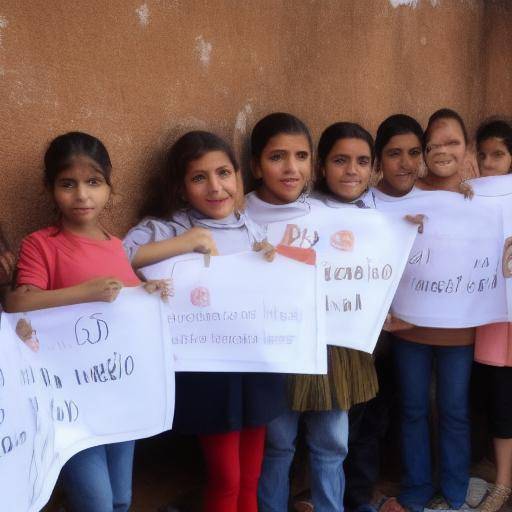
Introduction
Gender equality is a subject of vital importance in contemporary society, not only in the labour and social spheres, but also in the family. The role of gender equality in family dynamics is essential for the equitable and harmonious development of its members. In this article, we will thoroughly explore gender dynamics in the family context, highlighting their importance, benefits, challenges and current trends.
History and Background
The movement for gender equality has its roots in ancient times, where gender roles and responsibilities were delineated. Since then, there have been countless struggles for gender equity, and many milestones have marked their evolution. One of the momentous moments in the history of gender equality was the Universal Declaration of Human Rights in 1948, which proclaimed equal rights for men and women. Since then, there has been steady but gradual progress towards gender equality in all spheres of life. The feminist movement has been a driving force behind change, challenging gender hierarchies and questioning traditional roles in society.
Detailed Analysis
Gender equality in family dynamics entails countless benefits. By eliminating the restrictions imposed by pre-established gender roles, greater collaboration and communication among family members is encouraged. In an environment where gender equality is valued, individuals have the freedom to pursue their interests and talents without being limited by gender stereotypes. However, not everything is an easy way. The challenges facing gender equality in family dynamics include resistance to changes, social pressure and entrenched norms. There are also institutional challenges, such as the wage gap, the lack of equitable representation on leadership roles and the issue of unpaid work, which often falls disproportionately on women.
Comprehensive review
The practical application of gender equality within the family dynamic can be observed in various aspects, including the equitable division of domestic tasks and parental responsibilities, consensus-based decision-making and the empowerment of all members to pursue their personal goals. Gender equality experts in the family have advocated the implementation of policies that support equitable parental leave, equal access to educational opportunities and the promotion of flexible parental roles. These practices, when adopted and integrated into family life, can lead to a more harmonious and equitable environment for all members.
Comparative analysis
Gender equality and their role in family dynamics share significant similarities and differences compared to other social contexts. For example, in the workplace, gender equality focuses on eliminating wage discrimination and equal employment opportunities, while in the family, it focuses on challenging traditional gender roles and promoting equitable relationships. However, both areas share a common goal of empowering individuals and creating an environment where everyone has the opportunity to fully develop without gender-based constraints.
Practical Tips and Recommendations
To promote gender equality in family dynamics, it is essential to promote open and respectful communication, encourage all members to participate in decision-making and challenge gender stereotypes from an early age. It is also crucial to educate children about the importance of gender equality and to model equitable behaviour within the home. Establishing a fair system for the division of domestic tasks and parental responsibilities, as well as fostering the active participation of both parents in child-rearing, are practices that can promote gender equality and family harmony.
Perceptions of Industry and Expert Reviews
Experts on gender equality and family dynamics agree that promoting equitable roles and eliminating gender stereotypes within the family nucleus are crucial for the well-being of all members. Family-focused companies and organizations have also begun to implement policies that support gender equality, recognizing the positive impact that this can have both in the workplace and in family life. Recognizing and addressing gender inequalities in the family environment can have positive effects that extend beyond the home, positively impacting society as a whole.
Case Studies and Practical Applications
Reviewing specific cases of families that have successfully implemented gender equality practices can provide a valuable insight into the benefits of this approach. Studies have shown that families promoting gender equality tend to have greater overall satisfaction, more open and harmonious communication, as well as a healthy development of children by growing in an environment free from gender constraints. These success stories provide tangible examples of how gender equality can enrich family dynamics and foster healthier relationships among its members.
Future Trends and Predictions
As society evolves, gender equality in family dynamics is expected to remain a central theme in discussions on equity and justice. A greater policy approach is envisaged to support equitable parental leave, educational programmes aimed at challenging gender stereotypes and greater support for initiatives that promote the active participation of all family members in decision-making. As new generations emerge with more inclusive perspectives, we are likely to see a continuous shift towards a more equitable and enriching family dynamic for all.
Conclusions and FAQs
In short, gender equality plays a crucial role in family dynamics, promoting more equitable, empathic and healthy relationships among its members. By challenging traditional gender roles and fostering an inclusive environment, the family can act as a microcosm of equality that has a positive impact on society as a whole.
Frequently asked questions
1. Why is gender equality important in family dynamics?
Gender equality in family dynamics is critical to promoting equitable relationships and an environment where all members can develop without gender-based constraints.
2. How can gender equality be promoted in child-raising?
Promoting gender equality in child-rearing involves challenging gender stereotypes, modeling equitable roles and fostering open communication on gender issues.
3. What are the challenges of implementing gender equality in family dynamics?
Challenges include resistance to changes, social pressure and entrenched standards, as well as institutional challenges such as the wage gap and unequal representation in leadership roles.
4. What is the impact of gender equality on family dynamics on the development of children?
Gender equality in family dynamics can have a positive impact on the development of children, fostering an inclusive mentality, communication skills and greater self-esteem.
5. What role do companies play in promoting gender equality in family dynamics?
Businesses can support gender equality in family dynamics by implementing equitable parental leave policies, promoting flexible working environments and supporting gender equality education programmes.
6. How is the approach to gender equality expected to evolve in future family dynamics?
A greater policy approach is expected to support equitable parental leave, gender-based education programmes and increased support for initiatives that promote the active participation of all family members in decision-making.
In conclusion, gender equality plays an essential role in family dynamics, promoting healthy, equitable and enriching relationships among its members. Promoting an inclusive and equitable family environment has a positive impact not only on a personal level but also on society as a whole. By challenging traditional gender roles, the door opens to a future where all individuals can fully develop, free from gender-imposed limitations. This article has thoroughly explored the importance, benefits, challenges, practical applications and future trends of gender equality in family dynamics, providing a holistic view on this key issue in contemporary society.




